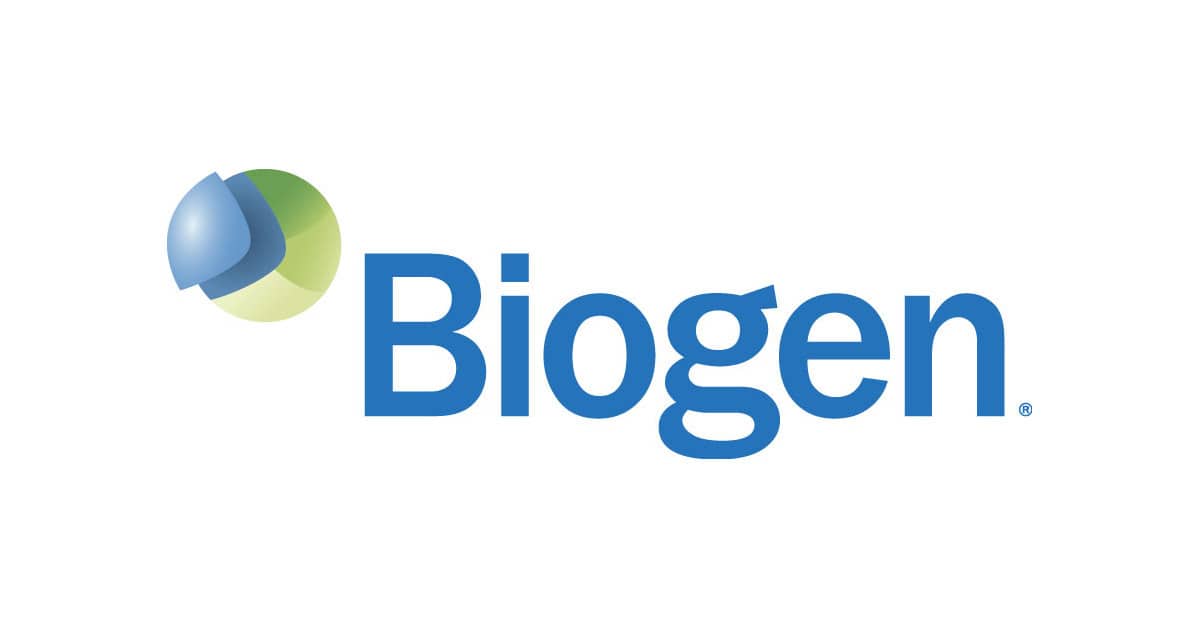
Biogen and Eisai have been forced to abandon their phase 3 Alzheimer’s disease candidate, aducanumab, after advice from an independent data monitoring committee.
The news is a huge blow for the field of Alzheimer’s research, which has suffered a decade of late-stage failures in drug research, though aducanumab had shown some signs that it could slow the disease’s progression in some patients.
The news has also hit Biogen’s share price, which has plunged by 25%.
The antibody, which targets soluble amyloid, had been due for its phase 3 read out in 2020, but the futility study means the trial will be halted – forcing the sector to re-evaluate its R&D approach to Alzheimer’s once more.
The partners have a similar candidate, BAN2401, being studied in prodromal and mild Alzheimer’s patients, though its future must now also be under review.

Biogen’s Michel Vounatsos
“This disappointing news confirms the complexity of treating Alzheimer’s disease and the need to further advance knowledge in neuroscience. We are incredibly grateful to all the Alzheimer’s disease patients, their families and the investigators who participated in the trials and contributed greatly to this research,” said Michel Vounatsos, chief executive at Biogen.
“Biogen’s history has been based on pioneering innovation, learning from successes and setbacks. Driven by our steadfast commitment to patients and our strong business foundation, we will continue advancing our pipeline of potential therapies in Alzheimer’s disease and innovative medicines for patients suffering from diseases of high unmet need.”
As part of this decision, the EVOLVE phase 2 safety study and the long-term extension of the PRIME phase1b study of aducanumab will also be discontinued. Biogen says the decision around whether or not to start a planned phase 3 secondary prevention trial of aducanumab will also be reviewed while the data from ENGAGE and EMERGE are further evaluated.
The drug’s failure will undoubtedly fuel sentiment that the ‘amyloid hypothesis’ of targeting beta amyloid has now been all-but exhausted. In January, another amyloid-targeting candidate, Roche’s crenezumab, also failed in phase 3 trials.
These failures are already being reflected in a growing pipeline of early stage candidates targeting other mechanisms. One example is US biotech Alector, whose lead candidate AL002 targets a triggering receptor expressed on myeloid cells 2 (TREM2) and is based on a view that the disease is caused by dysfunctional brain immune system caused by ageing or genetic mutations.




